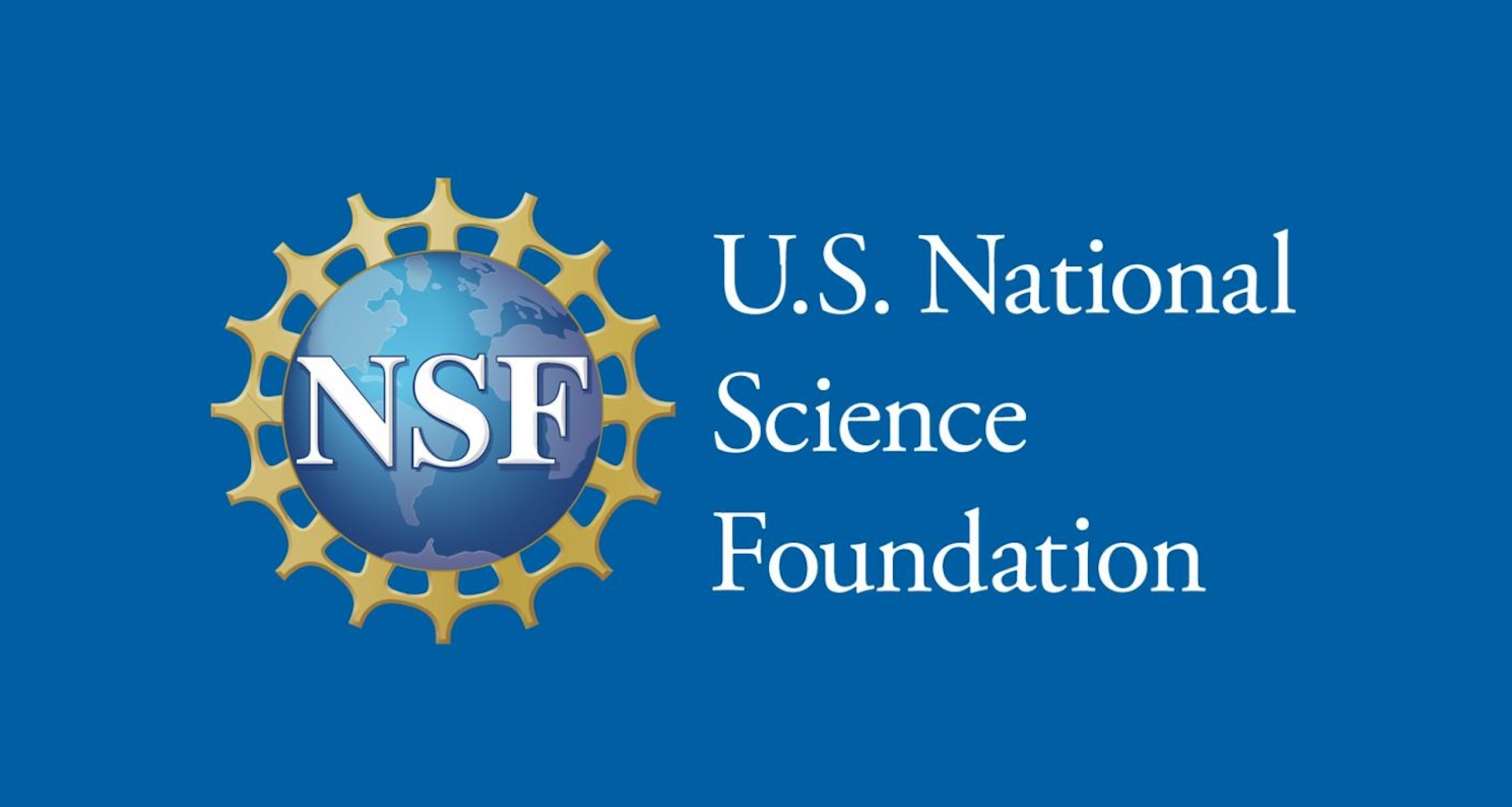A new legal showdown is unfolding as 16 U.S. states have filed a lawsuit against the Trump administration over a controversial directive issued to the National Science Foundation (NSF). The states argue that the policy threatens to devastate scientific research, stifling progress, undermining academic freedom, and politicizing an institution known for its independent scientific merit.
What’s the Directive?
The directive in question, quietly implemented in the final months of the Trump presidency, imposes new limitations on the type of research projects that can receive federal funding through the NSF. Critics say the directive leans heavily into ideological filtering, prioritizing certain political values over scientific objectivity. As a result, large swaths of research—especially in areas like climate science, social sciences, and public health—face potential funding blocks.
The administration has defended the policy as a necessary reform to ensure that taxpayer-funded research aligns with “national interests.” However, many scientists and legal experts see it as a blatant attempt to control scientific narratives and undermine open inquiry.
Why the Lawsuit Matters
The 16 states, led by New York and California, argue that the directive violates both constitutional protections and long-standing federal policy governing the independence of scientific research. They claim it poses an “existential threat” to universities, researchers, and innovation ecosystems that rely on NSF grants.
State attorneys general argue that by injecting political criteria into funding decisions, the directive threatens to devastate scientific research by discouraging bold, long-term investigations in favor of short-term, politically convenient outcomes. The result could be a chilling effect on fields already under scrutiny, such as climate change, gender studies, and racial equity.
What Scientists Are Saying
Academic institutions, professional associations, and research advocates are sounding the alarm. The American Association for the Advancement of Science called the directive “a dangerous precedent” that could strip funding from legitimate research for not aligning with a political agenda. Researchers fear that the NSF, long regarded as a gold standard in peer-reviewed funding, could be weaponized.
What’s Next?
The lawsuit marks the latest flashpoint in an ongoing battle over the role of science in public policy. While it remains to be seen how courts will rule, the case signals growing resistance to political interference in scientific funding.
For the scientific community, the stakes are clear: if this directive stands, it could devastate scientific research, drying up resources for critical studies and pushing researchers to either self-censor or seek funding abroad.
Bottom Line
The lawsuit over the NSF directive is more than a legal fight—it’s a defense of scientific integrity. Whether you’re a researcher, policymaker, or simply someone who values evidence-based decision-making, this case could shape the future of American science for years to come.



